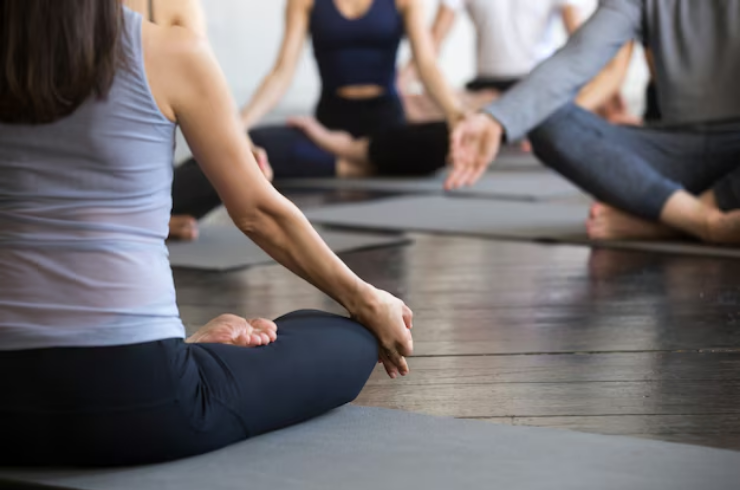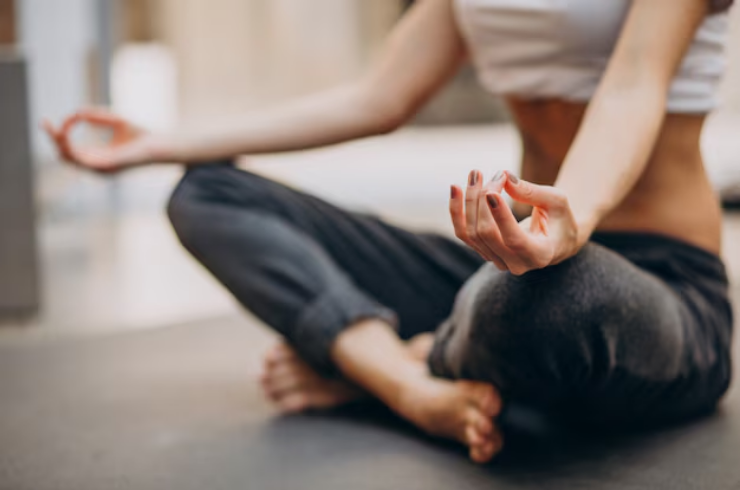


Introduction to Mindfulness-Based Stress Reduction (MBSR)
Mindfulness-Based Stress Reduction (MBSR) is a therapeutic program designed to help individuals manage stress and improve their overall well-being through mindfulness meditation and yoga. Developed by Dr. Jon Kabat-Zinn at the University of Massachusetts Medical School in 1979, MBSR combines mindfulness meditation with body awareness techniques to enhance emotional and physical health. This approach has gained widespread recognition for its effectiveness in reducing stress, managing chronic pain, and improving quality of life.
What is Mindfulness-Based Stress Reduction (MBSR)?
MBSR is a structured program that teaches individuals how to become more aware of their thoughts, emotions, and physical sensations through mindfulness practices. The program typically lasts for eight weeks and involves weekly group sessions, daily home practice, and a day-long retreat. Participants engage in various mindfulness techniques, including:
The core idea behind MBSR is to cultivate a heightened awareness of one’s experiences and reactions, which can help reduce stress and enhance overall well-being.
Benefits of MBSR
Stress Reduction
One of the primary benefits of MBSR is its ability to reduce stress. By learning to observe thoughts and feelings without reacting, participants can break the cycle of stress and anxiety. Research has shown that MBSR can lower levels of the stress hormone cortisol, leading to a greater sense of calm and relaxation.
Improved Emotional Regulation
MBSR helps individuals develop better emotional regulation skills. Participants learn to recognize and accept their emotions without becoming overwhelmed by them. This increased emotional awareness can lead to improved mood and decreased symptoms of depression and anxiety.
Enhanced Physical Health
Studies have indicated that MBSR can positively impact physical health. It has been shown to reduce chronic pain, improve sleep quality, and lower blood pressure. By promoting relaxation and reducing stress, MBSR supports overall physical well-being.
Increased Mindfulness and Self-Awareness
Practicing mindfulness through MBSR helps individuals become more aware of their thoughts, feelings, and bodily sensations. This increased self-awareness can lead to more thoughtful and intentional responses to life’s challenges, improving overall life satisfaction.
How MBSR Works
Mindfulness Meditation
Mindfulness meditation is the cornerstone of MBSR. It involves focusing attention on the present moment and observing thoughts, sensations, and emotions as they arise. This practice helps individuals develop a non-judgmental awareness of their experiences, which can reduce stress and enhance well-being.
Body Awareness
The body scan exercise is a key component of MBSR. Participants lie down and focus their attention on different parts of the body, noticing any areas of tension or discomfort. This practice helps increase body awareness and promote relaxation.
Yoga and Gentle Movement
MBSR incorporates gentle yoga and movement exercises to enhance physical awareness and promote relaxation. These practices help individuals connect with their bodies and release physical tension, contributing to overall well-being.
Daily Practice
Participants in MBSR are encouraged to engage in daily mindfulness practice at home. This typically includes meditation, body scan, and yoga exercises. Consistent practice helps reinforce the skills learned during the program and supports long-term benefits.
Who Can Benefit from MBSR?
MBSR is suitable for individuals experiencing stress, anxiety, chronic pain, or other health issues. It is also beneficial for those seeking to improve their overall well-being and develop greater self-awareness. MBSR is a versatile program that can be adapted to various needs and preferences.
Scientific Evidence Supporting MBSR
Numerous studies have demonstrated the effectiveness of MBSR in reducing stress and improving overall health. Research has shown that MBSR can:
How to Get Started with MBSR
Find an MBSR Program
Many healthcare providers, community centers, and online platforms offer MBSR programs. Look for a program led by a qualified instructor with experience in mindfulness and stress reduction.
Commit to the Program
MBSR requires a commitment of time and effort. Be prepared to attend weekly sessions, engage in daily practice, and participate in a day-long retreat.
Practice Mindfulness Daily
Incorporate mindfulness practices into your daily routine. Set aside time each day for meditation, body scan, and yoga exercises.
Be Patient and Persistent
The benefits of MBSR may take time to become noticeable. Be patient with yourself and persist in your practice to experience the full benefits of the program.